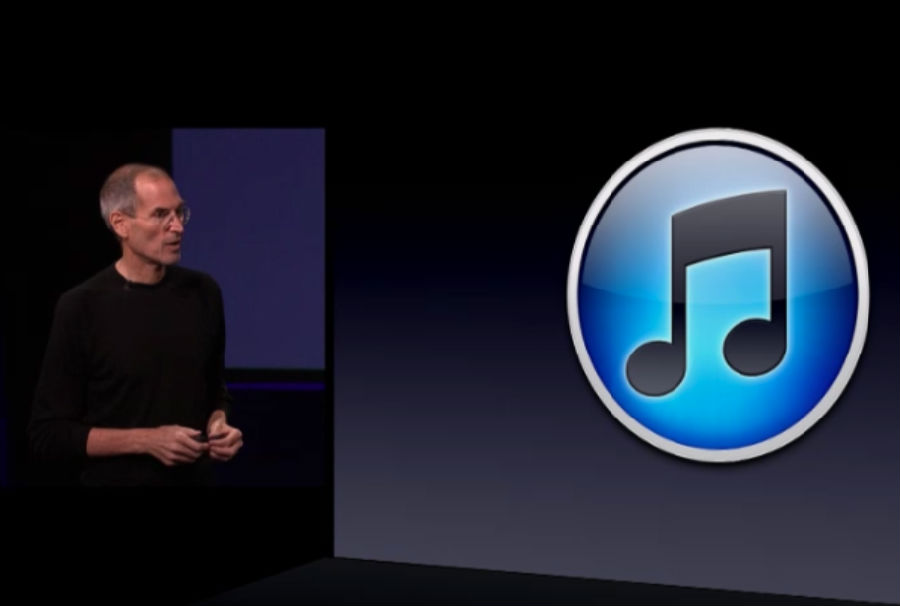That is when Bill Kincaid came in.
這時,比爾·金凱德出現了。
A former Apple software engineer, he was driving to a track in Willows, California,
他之前是蘋果公司的軟件工程師,有一天,他一邊驅車前往加州的威洛斯賽道,
to race his Formula Ford sports car while (a bit incongruously) listening to National Public Radio.
準備開著他的福特方程式賽車在賽道上馳騁,一邊(雖然有點兒不協調)聽著美國公共廣播電臺的節目。
He heard a report about a portable music player called the Rio that played a digital song format called MP3.
他聽到一條新聞在介紹一種叫做Rio的便攜式音樂播放器,能夠播放一種叫MP3的數字音樂格式。
He perked up when the reporter said something like,
當他聽到播音員的一句話時突然興奮起來:
"Don't get excited, Mac users, because it won't work with Macs."
“但是別激動,蘋果用戶們,因為Rio和蘋果機不兼容。”
Kincaid said to himself, "Ha! I can fix that!"
金凱德自言自語道:“哈哈,這個我可以做到。”

To help him write a Rio manager for the Mac,
為了給蘋果機寫Rio的管理程序,
he called his friends Jeff Robbin and Dave Heller, also former Apple software engineers.
金凱德叫來了他的兩個朋友:杰夫·羅賓和戴夫·海勒,他們之前也是蘋果公司的軟件工程師。
Their product, known as SoundJam, offered Mac users an interface for the Rio and software for managing the songs on their computer.
三人制作的軟件叫做SoundJam,給蘋果機用戶提供了一個專為Rio設置的界面,一個用來管理計算機上音樂的點唱機。
In July 2000, when Jobs was pushing his team to come up with music-management software,
2000年7月,當喬布斯催促他的團隊做出音樂管理軟件時,
Apple swooped in and bought SoundJam, bringing its founders back into the Apple fold.
蘋果公司果斷出手,買下了SoundJam,而且這也把他們三個發明人帶回了蘋果公司。
(All three stayed with the company,
(他們三個人一直留在蘋果公司,
and Robbin continued to run the music software development team for the next decade.
羅賓在接下來的十年里繼續管理音樂軟件開發團隊。
Jobs considered Robbin so valuable he once allowed a Time reporter to meet him
喬布斯認為他非常有價值,所以有一次當《時代》雜志的記者想要采訪羅賓時,
only after extracting the promise that the reporter would not print his last name.)
喬布斯的條件是不要公開他的姓氏。)











